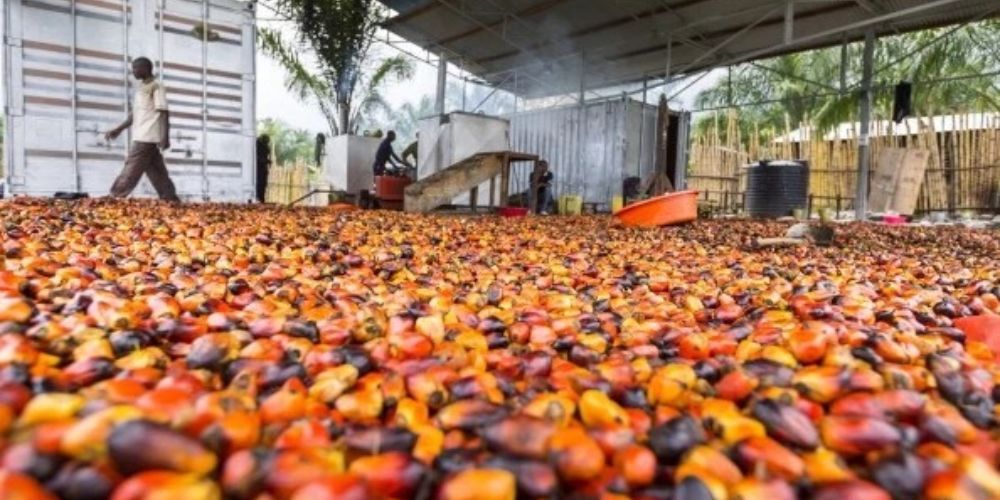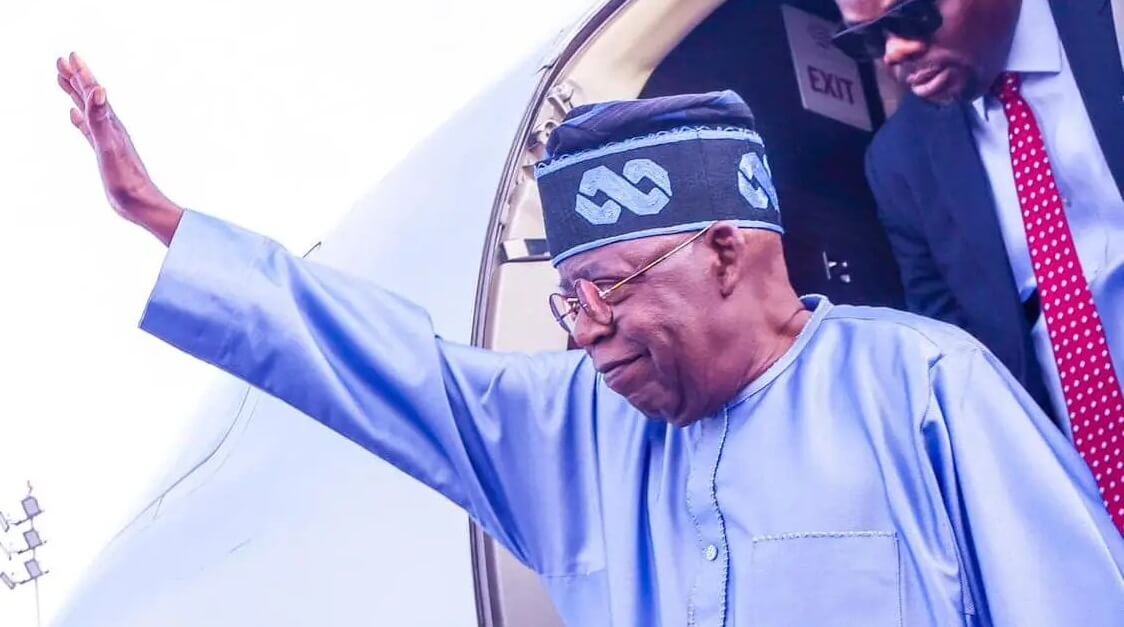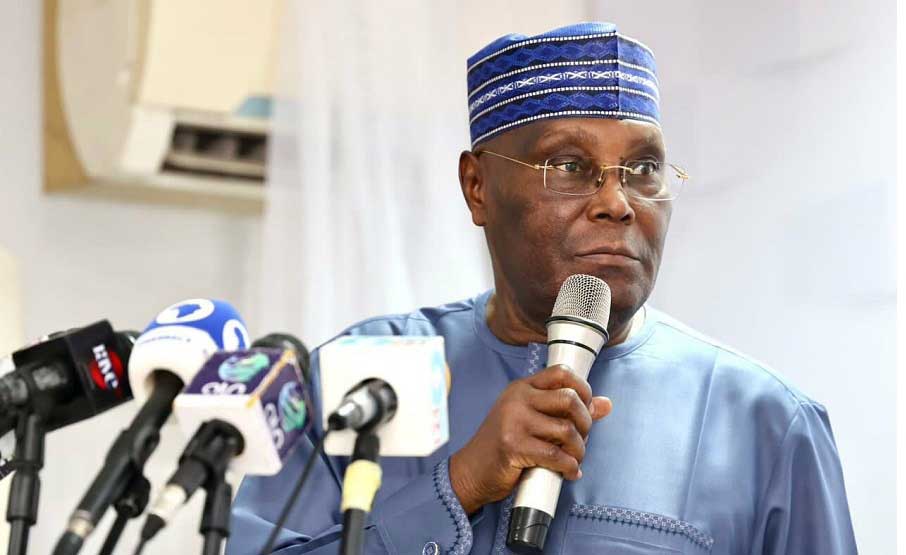ECOWAS @ 50: A Journey Of Economic Integration, Free Trade, Regional Resilience

As the Economic Community of West African States (ECOWAS) commemorates its 50th anniversary in 2025, the subregional body reflects on five decades of economic integration, peace-building efforts, and the pursuit of free trade and movement across West Africa.
The ECOWAS which was formed in the aftermath of a historic treaty signed on May 28, 1975, in Lagos, Nigeria, by the heads of state from fifteen West African nations—Benin, Burkina Faso, Côte d’Ivoire, The Gambia, Ghana, Guinea, Guinea-Bissau, Liberia, Mali, Mauritania, Niger, Nigeria, Sierra Leone, Senegal, and Togo was envisioned as a strategic framework to promote economic cooperation and regional unity.
Cabo Verde would later join the union two years later, strengthening the bloc’s commitment to regional integration.
One of the African sub-regional bodies that was established in 1970 ushered in a new dawn for a sub-region with an area of 5.2 million square kilometers.
With a geographical coverage of 5.2 million square kilometers and a combined GDP of $734.8 billion, ECOWAS evolved into one of Africa’s most ambitious subregional organizations.
Its influence spans key sectors such as telecommunications, agriculture, energy, commerce, and cross-border trade, underpinned by its bold mission to create a borderless region where citizens can freely exploit abundant resources in a sustainable environment.
The founding fathers of ECOWAS viewed the establishment of the body as a foundational pillar of the African Economic Community. Their collective vision was to foster economic integration that would uplift living standards, enhance economic stability, and strengthen inter-state relations—all while contributing to the broader development of the African continent.
Over the years, ECOWAS has taken significant strides toward realising this vision. Through instruments such as the ECOWAS Trade Liberalisation Scheme (ETLS), the organization has facilitated the free movement of goods, services, and people.
In doing so, it has encouraged intra-regional trade, reduced dependency on external markets, and played a crucial role in regional peacekeeping missions.
Despite these achievements, ECOWAS’s journey has not been without challenges. Political differences, uneven economic development among member states, and the slow implementation of key policies have often hampered deeper integration.
Critics argue that while the framework for free movement exists, practical barriers still prevent citizens from fully enjoying this right. Border controls, bureaucratic bottlenecks, and infrastructure deficits continue to impede seamless regional mobility.
Moreover, the subregion remains plagued by poverty, poor access to education and healthcare, and persistent insecurity. For millions across West Africa, the dream of economic prosperity remains elusive, and basic social amenities remain inadequate.
Yet, ECOWAS’s role in maintaining regional peace and preventing conflict cannot be understated. From deploying peacekeeping missions to mediating political disputes, the organization has served as a stabilizing force in times of turmoil.
As ECOWAS marks its golden jubilee, it faces the pressing need to address modern-day challenges that threaten the relevance and cohesion of the union. From climate change and terrorism to pandemics, migration, and youth unemployment, these issues demand a united and proactive response.
The threat of disintegration looms large, particularly with recent military incursions into democratic governance in some member states.
To safeguard the unity of the bloc, ECOWAS must enhance internal solidarity, encourage equitable member participation, and avoid overreliance on any single nation.
The road ahead requires political will, strategic policy implementation, and collective commitment. Strengthening institutions, investing in youth and innovation, and improving infrastructure across the region are essential to realising the true potential of economic integration.
At 50, ECOWAS stands as a symbol of resilience—an imperfect but vital force in West Africa’s development journey. While the dream of a fully integrated and prosperous subregion is still a work in progress, the milestones achieved thus far lay a foundation for future growth and unity.
As the organization enters its next chapter, the message is clear: economic integration is not merely an ideal, it is a necessity for the survival and prosperity of West Africa. Mr Olamilekan is an Abuja based television presenter
ECOWAS @ 50: A Journey Of Economic Integration, Free Trade, Regional Resilience is first published on The Whistler Newspaper





